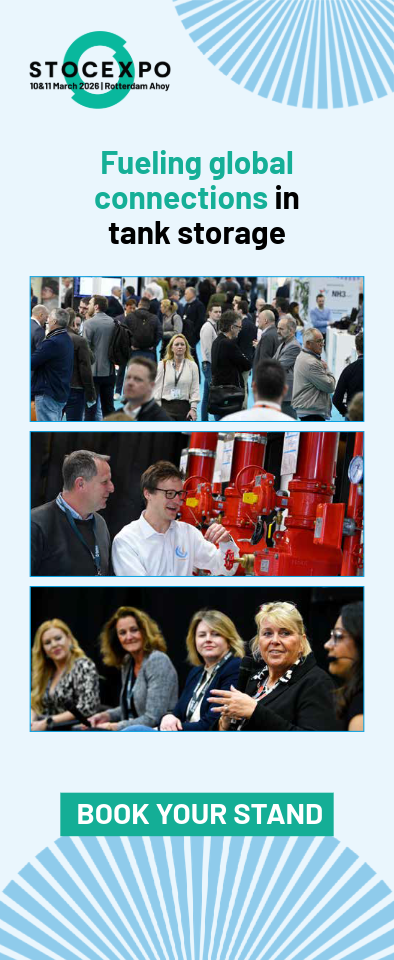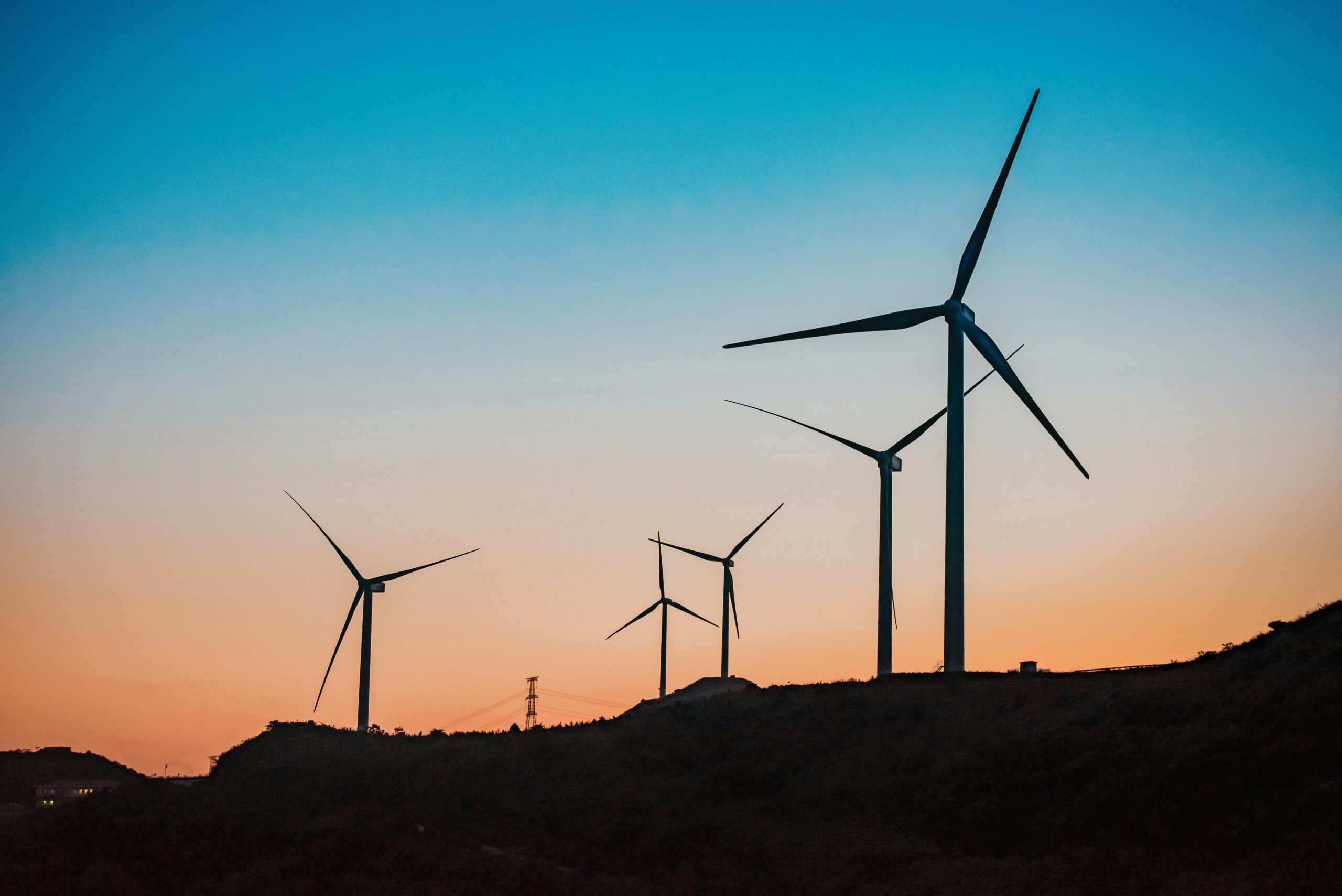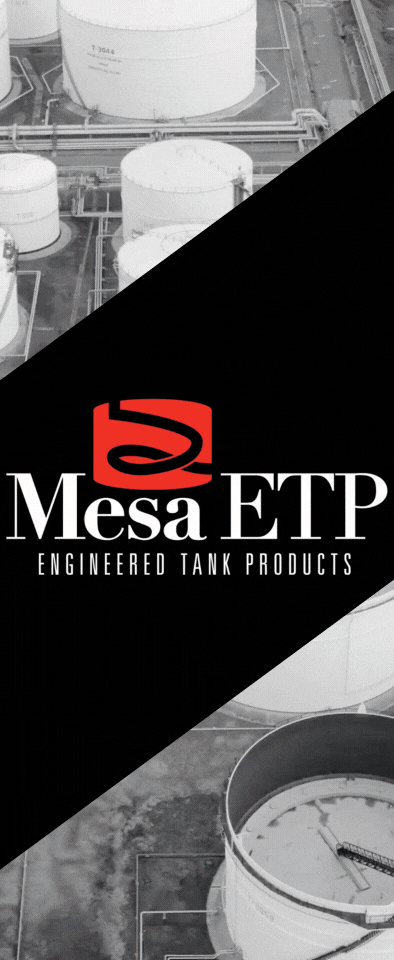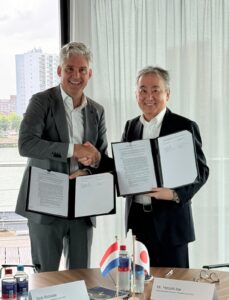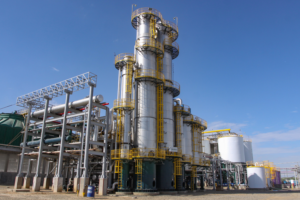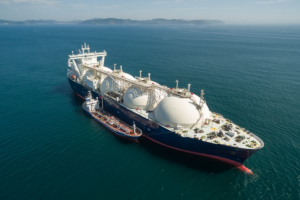Shell has published its first energy transition update since the launch of its Powering Progress strategy in 2021. At its Capital Markets Day in June 2023, Shell outlined how its strategy delivers more value with less emissions, emphasising ‘more value’. In this energy transition update, Shell’s focus has shifted to how the same strategy delivers ‘less emissions’.
‘Energy has made an incredible contribution to human development, allowing many people around the world to live more prosperous lives. Today, the world must meet growing demand for energy while tackling the urgent challenge of climate change. I am encouraged by the rapid progress in the energy transition in recent years in many countries and technologies, which reinforces my deep conviction in the direction of our strategy,’ says Wael Sawan, Shell’s CEO.
‘Shell has a very important role to play in providing the energy the world needs today, and in helping to build the low-carbon energy system of the future. Our focus on performance, discipline and simplification is driving clear choices about where we can have the greatest impact through the energy transition and create the most value for our investors and customers. We believe this focus makes it more, not less, likely that we will achieve our climate targets. By providing the different kinds of energy the world needs, we believe we are the investment case and the partner of choice through the energy transition,’ says Sawan.
Shell has made good progress against its climate targets:
- By the end of 2023, Shell had achieved more than 60% of its target to halve operational emissions by 2030, compared with 2016. This goes above and beyond the targets set by signatories to the Oil and Gas Decarbonization Charter agreed at COP28.
- In 2023, Shell achieved 0.05% methane emissions intensity – significantly below its target of 0.2%.
- Shell also contributed to the World Bank’s Global Flaring and Methane Reduction Fund – further supporting industry-wide action to drive down methane emissions and flaring.
- In 2023, Shell achieved its target to reduce the net carbon intensity of its energy products, with a 6.3% reduction compared with 2016.
As Shell transforms into a net-zero emissions energy business, it aims to take the lead in the energy transition where it has competitive strengths, see strong customer demand, and identify clear regulatory support from governments. To help drive the decarbonisation of the transport sector, Shell has set a new ambition to reduce customer emissions by 15-20% by 2030 compared with 2021 (Scope 3, Category 11).
It also plans to build its power business, including renewable power, in a strategic shift. Shell will focus on places including Australia, Europe, India and the USA, and has withdrawn from the supply of energy directly to homes in Europe.
In line with this shift to prioritising value over volume in power, Shell will focus on select markets and segments. This includes selling more power to commercial customers, and less to retail customers. Given this focus on value, the company expects lower total growth of power sales to 2030, which has led to an update to its net carbon intensity target to a 15-20% reduction by 2030 in the net carbon intensity of the energy products Shell sells, compared with 2016, against a previous target of 20%.

